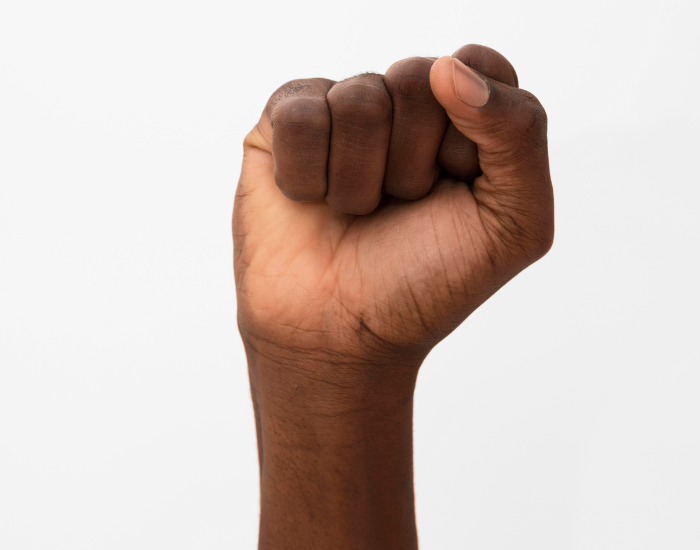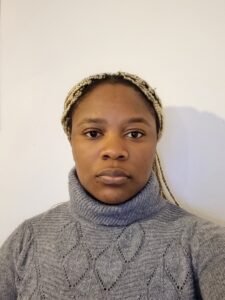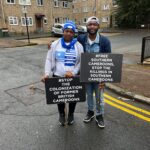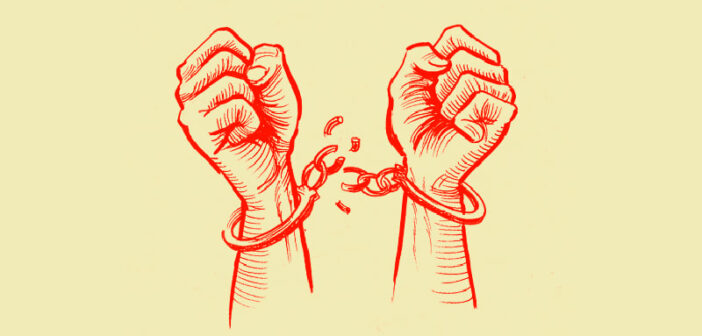The 1993 All Anglophone Conference that took place in Buea the administrative Capital of the former British Southern Cameroons saw a huge sense of euphoria amongst Southern Cameroonians from all ages, all works of life etc converged in Buea on this historic day to tell the entire world that the time has now come for the inevitable, irrevocable, and irreversible discussion on the perennial Southern Cameroons struggle to be heard.
Great minds within Southern Cameroons particularly those who have for over the years champion the Southern Cameroons struggle in the likes of Solomon Tadeng Muna, George Ekongtang Elad, Ngeka Luma, Chief Ayamba Etta Etun, Dr Frederick Alodwede, Pa Nfor Ngala, Pa Njoh Litumbe just to name a few spoke very passionately about the systematic and endemic marginalisation, severe enslavement and the subjugation of the people of Southern Cameroons not forgetting the persecution they have endured over the years from the French Cameroon military.
The above Conference was a harbinger and a great opportunity for inspiring brilliant minds from Southern Cameroons to talk with focus and gregariousness about the injustices the peaceful people of Southern Cameroons have been facing since the botched plebiscite of 1961 which was the genesis of the occupation, colonisation, and the annexation of Southern Cameroons by French Cameroon under the whims and caprices of the then President Amadou Ahidjo.
At the above Conference there was a unified voice intertwined with patriotism from leaders about the urgent need for the Anglophone problem to be immediately resolved by the government of Cameroon. The decision from this Conference was unanimous and efficacious through which they called on the Cameroon government to without prejudice engaged with the people of Southern Cameroons in a meaningful dialogue thereby urging the two States to go back to the Federal system that was in place that gave autonomy to each side to manage its affairs and remain two nations of equal status.
But sadly, as usual the government of Cameroon choose to ignore the demands of the people of Southern Cameroons and ever engaged in any form of dialogue with them rather, they continue to treat them as slaves and second-class citizens.
Confronted and bewildered in frustration and living in limbo, our leaders again in 1994 organised another All-Anglophone Conference this time in Bamenda and at this Conference they again echoed the demands they had tabled in front of the government of Cameroon which was the burning issue of the suffering people of Southern Cameroons who have been living as slaves in their country since 1961. The discussions were very frank, focused and entered on one thing and one thing only the long-standing Anglophone problem.
The people of Southern Cameroons through their leaders wrote to the government of French in a memorandum detailing the genuine grievances of the people of Southern Cameroons and that it was imperative for the Cameroon to act accordingly by yielding to the demands of the people of Southern Cameroons.
Their demand was a return to the federal system that was unanimously agreed by the two parties during the unification process of 1961 and insisted that the federal Constitution should never be tempered with or changed according to article 47 which clearly stipulated that at no stage or in any manner should the above constitution be changed.
At this very historic Conference of 1994 that was held in Bamenda, our leaders gave the Cameroon government an ultimatum that should they choose to again ignore the demands of the people of Southern Cameroons, they will have no choice but resort to an all-out restoration of the independence of our homeland the Southern Cameroons. In the same characteristic style of the Cameroon government, they again wilfully ignored the demand and the wishes of the people of Southern Cameroons.
It was at this point in time that our leaders had no other window of discussion with the government of Cameroon bearing in mind they have ignored them twice and in 1995 our Leaders formed the Southern Cameroon National Council (SCNC) with its Motto “THE FORCE OF ARGUMENT, NOT THE ARGUMENT OF FORCE” which became a non-political peaceful liberation movement meant to fight for the restoration of the independence of our Country the Southern Cameroons.
The creation of SCNC became a thorn in the flesh of the Cameroon government for according to the Cameroon authorities the SCNC is a terrorist organisation that has come to destabilise the peace in Cameroon and divide the Country. The Cameroon government declared the SCNC the number one enemy of the State and from this point they unleashed venom on the SCNC and those who are members. Here we can clearly see the genesis of the brutalisation of the SCNC and its members by the state of Cameroon.
The Cameroon government declared war on SCNC and President Paul Biya who has been in power for more than 38 years ordered the systemic annihilation of SCNC and those affiliated with it. Cameroon became no safe havens for SCNC members who were routinely and arbitrary arrested, detained, tortured, imprisoned and other simply eliminated from the surface of the earth.
The SCNC has been banned in Cameroon by the State and declared a terrorist organisation and with impunity they began the tragic persecution of SCNC members in Cameroon and abroad. True to this is the horrific and horrendous persecution SCNC Chairmen and members began to face from the state of Cameroon who consider them as enemy of the state.
Such was what happened to some of the Chairmen that led SCNC in the likes of M Luma Ngeka who was tortured on many occasions by the military of French Cameroon, and this led to his tragic death. So too is the case of Dr Frederick Alodwede who after storming the Radio House in Buea in 1999 and announced the restoration of the independence of Southern Cameroons, immediately went on exile via Nigeria where he lived on exile for over 20 years and finally died in the US as the Cameroon government went hunting for him and burnt his House in Buea.
I cannot easily forget the inferno faced by one of our eldest Chairman Chief Ayamba Etta Ottun who was a true hero of our revolution. He too endured a lot of persecution from the Cameroon government and later died in 2015 because of the brutalisation he got from the military of French Cameroon.
Since the inception of the genocide on the people of Southern Cameroon in 2016 and counting the brutalisation of SCNC members has quadruple and testimony of this is the systemic persecution our current SCNC National Chairman and other SCNC members have been enduring from the brutal French Cameroon military.
The dictatorial and vindictive nature of the Cameroon government was again confirmed on the 5th of January 2018 when the government of Cameroon conspire with that of Nigeria, and brutally arrested a cross section of SCNC top members including our National SCNC Chairman Mr Nfor Ngalla Nfor were abducted and transferred to Cameroon in defiant of international laws.
This shows and affirms to what length this junta government is prepared to go just to eliminate the SCNC and its members. Our Leaders thought they were safe in Nigeria, but they were naïve and as i put pen to paper our National Chairman Mr Nfor Ngala Nfor among other leaders have been sentenced to life imprisonment by the French Cameroon military Tribunal of Yaoundé. They are now locked up in a highly secured prison for political detainees in Yaoundé called Kondengui.
The SCNC was again banned in January 2017 by the state of Cameroon and the brutalisation of SCNC members is even very severe and so dreadful coupled with some SCNC members that have been locked up in dungeons all over Cameroon. Cameroon is therefore no safe havens and no-go area for SCNC as the brutalisation of the SCNC and its members has been intensified with orders from President Paul Biya who has given clear instructions for those affiliated to SCNC to be hunted down and killed as he accuses them of masterminding and starting the war in Cameroon through their calls for secession.
DONE BY EDITH FLORE KAMSU KENMEGNE
SCNC UK





